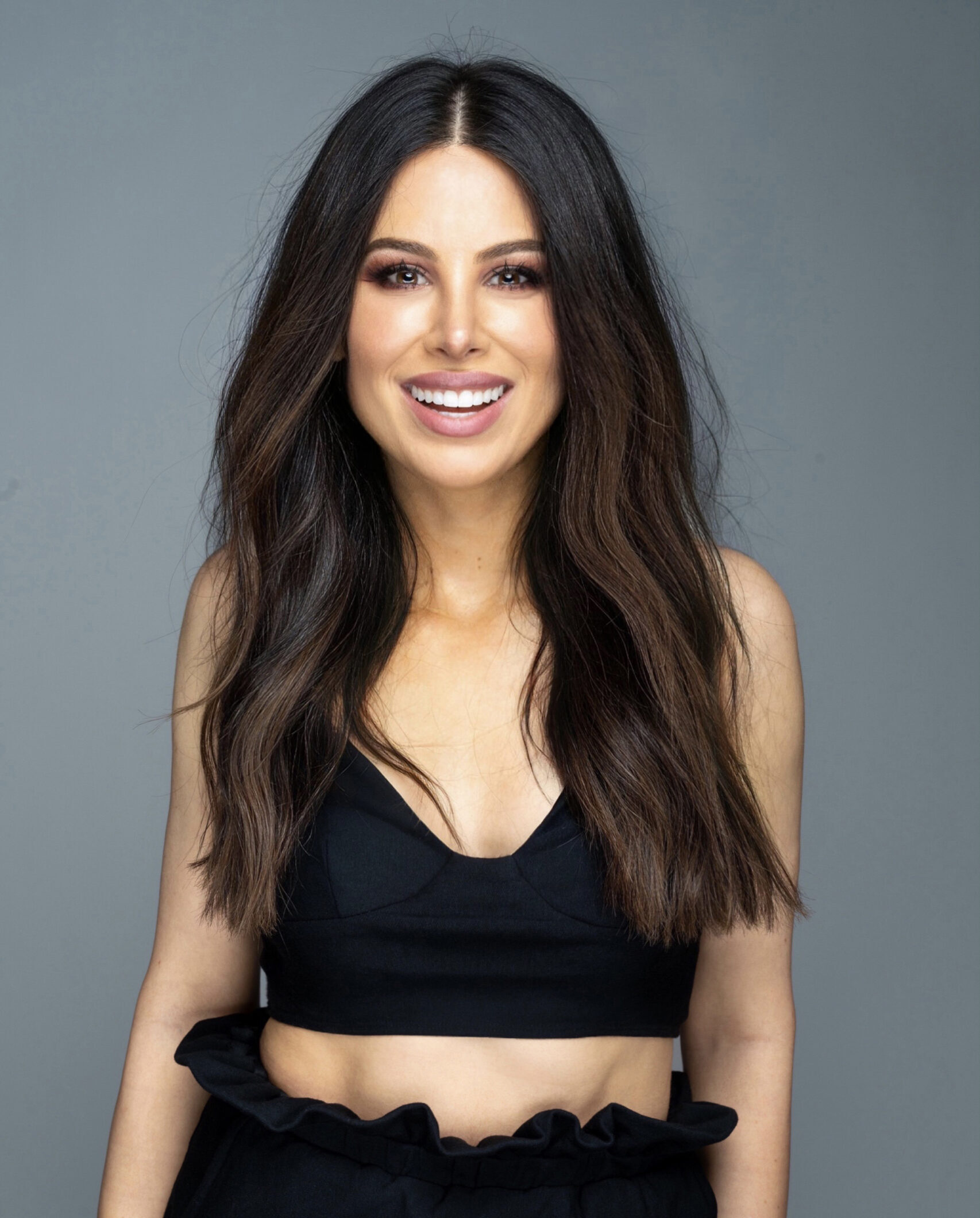Emotional investment seems like the most no-brainer, autopilot investment because it comes from the heart. If we aren’t self-aware, we buy into the bullsh*t that “what our heart wants,” is in no way convoluted by our negative belief system, childhood, un-dealt-with trauma, insecurities, triggers, and fears.
So what do we do? Approve the investment and go with our heart.
Unlike financial investments which have disclosures, the disclosure of emotional investment is never really disclosed until the cost has already been incurred.
A few years ago, Bernie Madoff was all over the news. Madoff was the self-admitted operator of a Ponzi scheme that is considered to this day, to be the single largest financial fraud in United States history. Madoff’s unknowing investors were some of the most well-known, accomplished, talented, and intelligent people.
So why did some continue to invest despitedwindling returns?
Why did many invest even when there were whisperings of corruption?
None of us are immune to emotional investment without returns.
I’m not going to speak for anyone because I don’t want to. It’s not my place to and I’m not educated enough on the matter. So many lives were destroyed and are destroyed every day in Ponzi schemes – financial and relational.
What I can do, is offer my opinion on why investment continues, despite conditions which make a return impossible.
When the environment surrounding the investor is no longer conducive to the security and solidity that she/he was initially promised and assured, any continued investments thereafter HAVE TO be emotionally based.
Why?
Because reality-based logic can no longer stand a chance; security now needs to be concocted. The mechanism itself is now the illogical nucleus of something that’s too painful and unbelievable to face.
I feel like at this point, many of us will continue to invest (despite not seeing promised returns) because by continuing to invest, it shows that we still believe in the investment (and aren’t going to invest our attention in any of the hearsay or haters).
You see everything capsizing around you in slow motion. So, instead of folding, you go for a strong right hook in the name of emotional investment.
You think to yourself: “If I show through my actions that no matter what, I won’t give up and I AM going to continue to invest (no matter how sh*t the return)… I have to, at SOME POINT, be noticed, appreciated, and see my deserved return… right?”
I’ve experienced this time and time again in my life – never knowing when to fold and only folding when life folded for me.
Here is my experience with emotional investment – how to know when to hold’em and how to master the art of folding.
The last time I took out an emotional investment was a few weeks ago when I was in Vegas for work. After eating lunch, I had some time to kill and did the one thing I rarely do: gamble.
I walked around the casino like a dog circling around a million times before finding the perfect spot to pee. I would approach one slot machine, but then convince myself that it probably wouldn’t hit a jackpot. It wasn’t centrally located and surely, the slots that hit jackpots were only the most flashy and pretty ones, all in the middle of the casino.
Superstition and “type” had clearly superseded logic.
So, I ended up deciding on the shiniest, most “give-me-what-I-need-and-I-promise-I’ll-pay,” looking slot I could find. All I wanted was to turn my $100 into enough for the pair of heels I had on hold.
So, it began…
Within five minutes, I went right through the $100 and pulled out another $60. I kept convincing myself that the machine somehow knew how much I had invested and thus, had to eventually reward me.
Every now and then, it would pay out $15 or $20, which would keep my hope afloat just enough to hit that “max bet” button again. If the machine hadn’t paid me anything after a few spins, I’d lower my bet to try to get its attention. It didn’t help that I kept hearing noises all around me of jackpots being won.
When I was down to my last spin I won $200, but it wasn’t enough. If I got up and walked away now, I’d just be breaking even. I needed to at least win SOMETHING. Forget the shoes, at this point, I just needed to see some kind of return on my investment.
All in all, I lost $360. It makes me sick to even type that out. Not because I lost what I think is a lot of money, but because I didn’t even enjoy the time I was playing. It’s like I paid $360 to torture myself.
Where was the emotional investment in all of this?
Harnessing emotional intelligence became paramount when my emotional investment took center stage. I convinced myself that if I withdrew at that moment, the next person would, with a single spin, seize the jackpot and enjoy all the returns of MY commitment — both my financial and emotional contributions.
When you’re faced with that level of self-inflicted mind f*ckery, the only form of pacification is to invest more. Folding is not an option.
I wanted to share the Ponzi scheme/slot machine example because sometimes, an outward connection needs to be established so that it can strike the right chord within. Instead of being told the right thing to do, you now have a knowingness. You’ve reclaimed your compass.
I don’t know about you, but the only thing that those examples made me think of were past relationships and friendships that were toxic. Same formula (and bullsh*t), different components.
How do you know when to make an emotional investment?
You know that you can make (and keep making) an emotional investment when your investment deepens the relationship on BOTH ends. You’re seeing a seamless and consistent return that compliments your investment.
How do you know when to fold and why is folding so impossible?
We avoid folding at all costs because of our belief system tied to it. We feel like failures if we fold and we’re scared that if we turn around for a hot minute, someone will come in and right away, reap the benefits of our deserved jackpot.
Bottom line: If it’s a relational slot machine/Ponzi scheme you’re involved in, I promise you – it was this way before you and will continue to be this way after you. Just because you thought you could get the cat to bark (and it didn’t), doesn’t mean it’s going to bark with the next person and it definitely doesn’t mean that it ever barked in the past. Cats MEOW.
You know that you need to fold when your investment is based upon hope for a return that has been over-promised and grossly, under-delivered.
And if you suffer from low self-esteem like I used to, any red flags that indicate a need to fold will make you even more excited to invest.
Why? Because your value is tied to hitting the jackpot and getting the subsequent return on your investment. For you, it’s more valuable to blindly invest and “get lucky/hit the jackpot,” than it is to meet a jackpot that’s apparent from “hello.”
You are NOT that desperate. You don’t have to subscribe to the belief that the only way to emotional riches is by dating human slot machines and partaking in an emotional Ponzi scheme with your fears.
Build your emotional fortune first and emanate the jackpot that YOU have become. Not by “hitting it big” or “getting lucky,” by means of investing in a sh*tty person, but by knowing when to fold from the bs, staying on your white horse, and speaking with your actions.
The universe will reward you beyond what any relational slot machine could ever deliver.
Written by: Natasha Adamo







